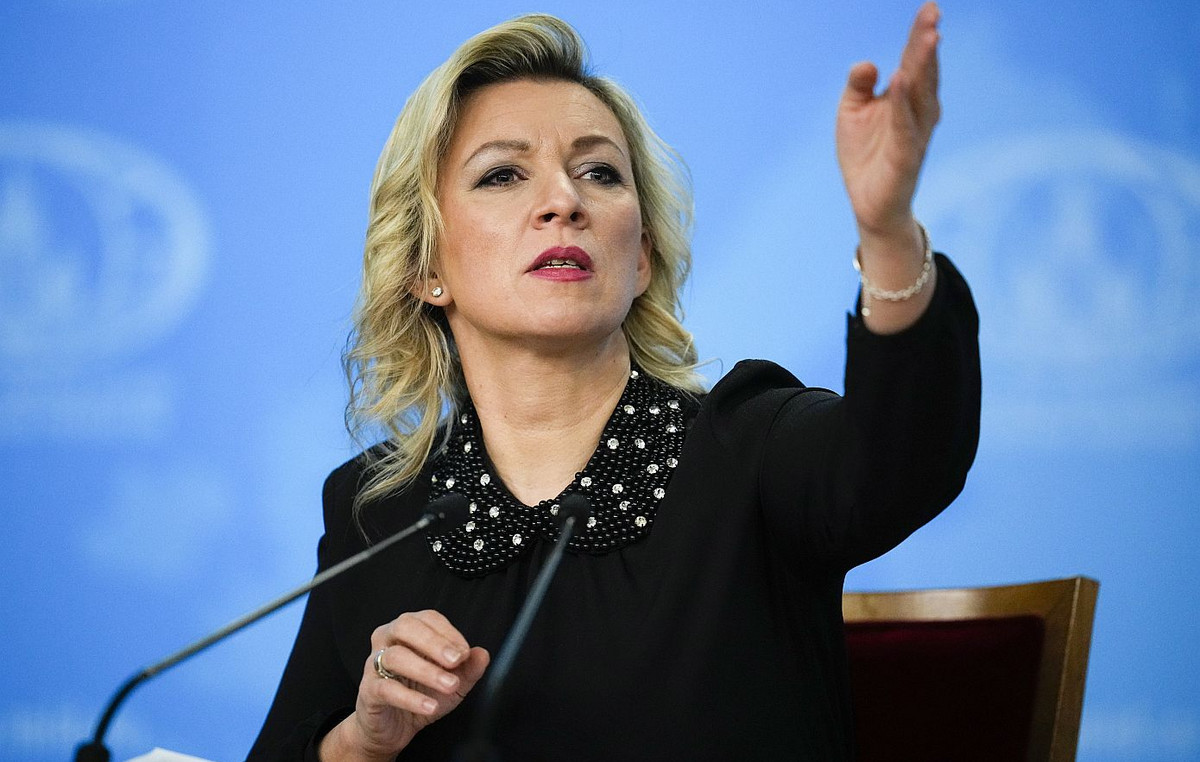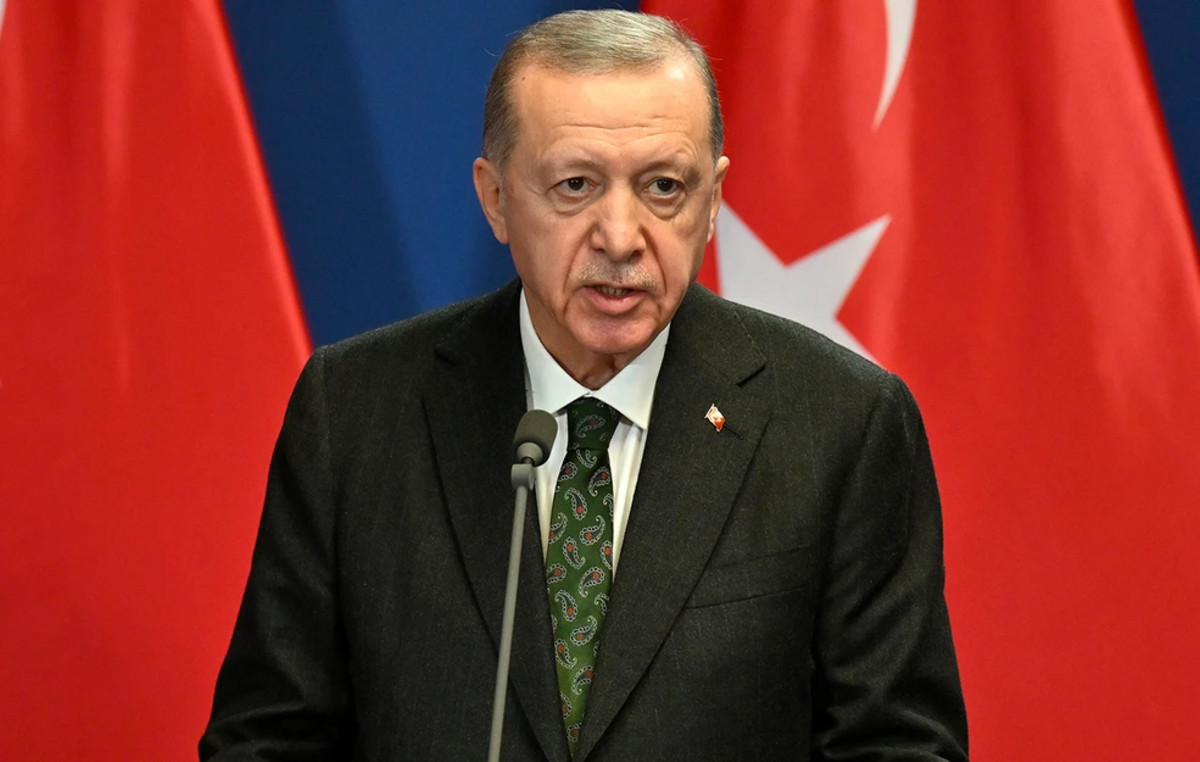Israel has proposed that top Hamas leaders leave the Gaza Strip as part of a broader ceasefire agreement, they told CNN two authorities familiar with ongoing international discussions.
The proposal, which has not been previously disclosed, comes as Israel struggles to achieve its stated goal of completely destroying Hamas.
Despite the war, which has lasted four months, Israel has failed to capture or kill any of the most important Hamas leaders in the Gaza Strip and has not affected about 70% of Hamas' fighting strength, according to Israel's own estimates.
While the potential agreement offers safe passage out of Gaza to the top Hamas leaders who orchestrated the October 7 attack, it could weaken Hamas' control over the area.
At the same time, it would allow Israel to continue pursuing high-value targets abroad.
It is known that high-ranking members of Hamas live in Doha, Qatar, and the Lebanese capital, Beirut, among other locations outside the Palestinian territories. An Israeli airstrike earlier this month killed a top Hamas commander in Beirut, for example.
Israel's suggestion that Hamas leaders could leave Gaza, although Hamas is unlikely to accept, has been discussed as part of broader ceasefire negotiations at least twice in recent weeks.
One of the times the topic was raised was last month, in Warsaw, by the head of Israel's intelligence, the director of Mossad, David Barnea, and then again this month in Doha, with the US Secretary of State, Antony Blinken, according to an official familiar with the discussions.
It also comes amid a wave of diplomatic pressure to try to achieve a prolonged pause in the fighting and release hostages believed to be alive in Gaza.
The White House's top Middle East official, Brett McGurk, travels this week to Egypt and Qatar for further negotiations.
American and international officials familiar with the discussions noted that the recent involvement of Israel and Hamas in the negotiations is encouraging, but that an agreement does not appear imminent.
Pressure on Netanyahu
Pressure on Prime Minister Benjamin Netanyahu to present some kind of resolution for the release of the hostages has increased considerably. The “complete victory” over Hamas that he sets as his objective is a long way off, as he himself admits.
Thus, anger also grew among Israelis over the government's apparent inability to bring home the more than 100 hostages held in Gaza.
Israel “is not achieving its military objectives,” says Aaron David Miller, a senior fellow at the Carnegie Endowment for International Peace.
That, combined with the “enormous pressure” on Netanyahu and his government to bring hostages home, created a situation in which Israel would be willing to propose that Hamas leaders leave Gaza, Miller reasoned.
“I think they are simply brushing up against reality. And hostage families are starting to exert tremendous influence,” she added.
Additionally, international sentiment toward Israel has deteriorated due to the ongoing bombing of Gaza, which has killed more than 25,000 Palestinians, according to the Hamas-linked Gaza Ministry of Health.
Over the past two months, the Biden administration has openly called on Israel to transition to a lower-intensity phase of the conflict, which US officials argue has begun to occur even as intense operations continue in southern Gaza.
Source: CNN Brasil
Bruce Belcher is a seasoned author with over 5 years of experience in world news. He writes for online news websites and provides in-depth analysis on the world stock market. Bruce is known for his insightful perspectives and commitment to keeping the public informed.







